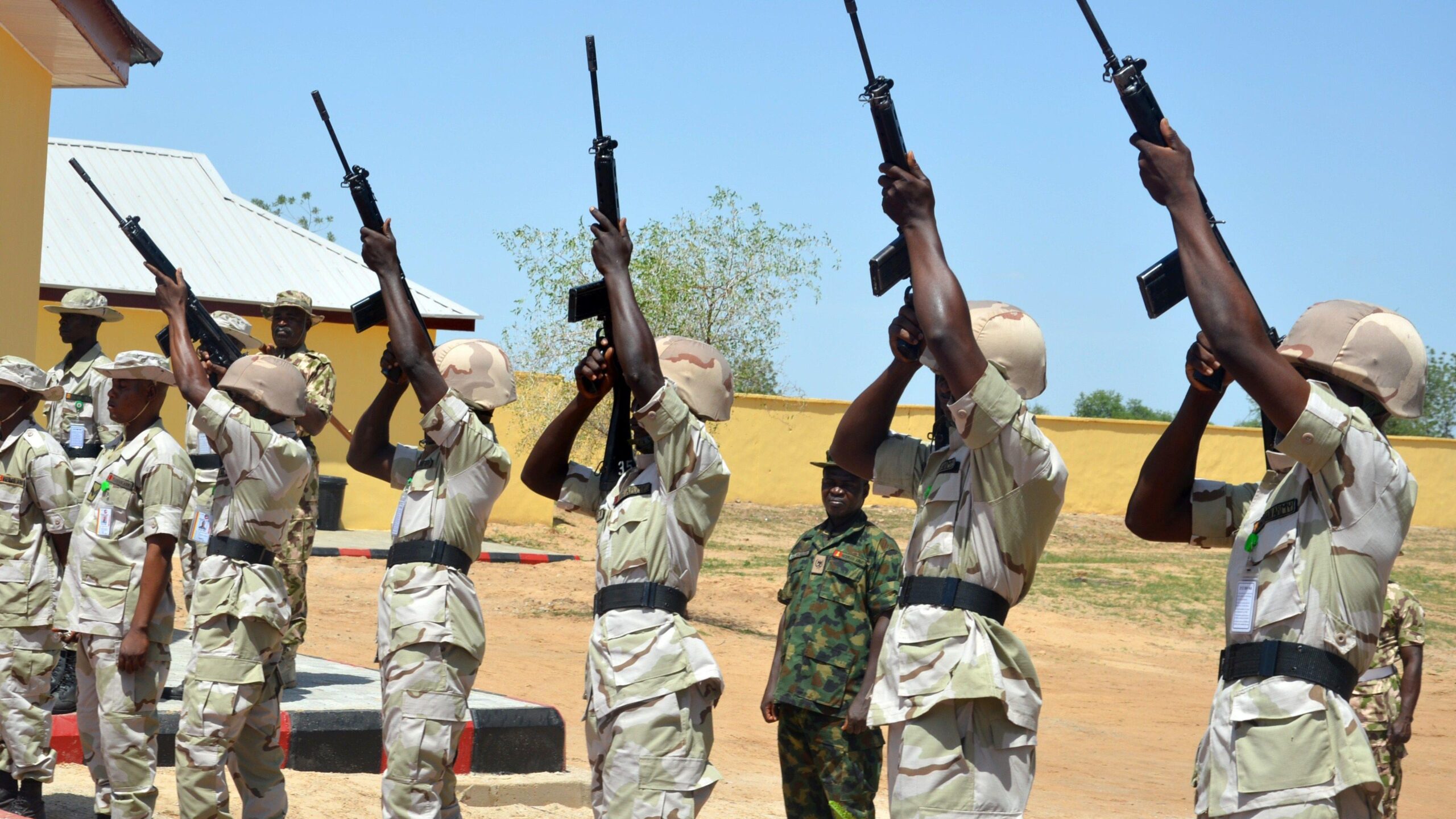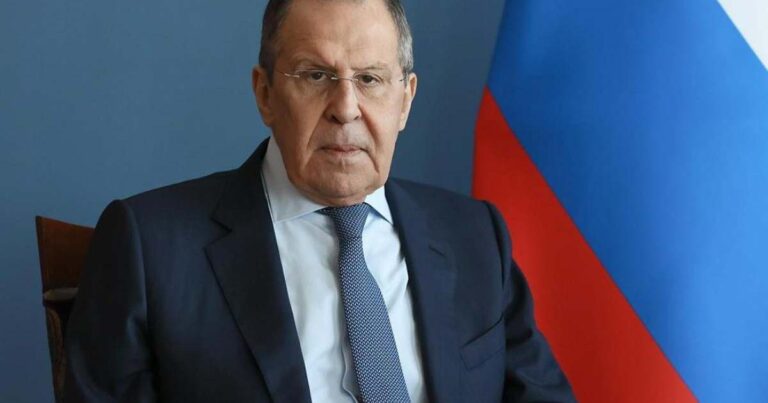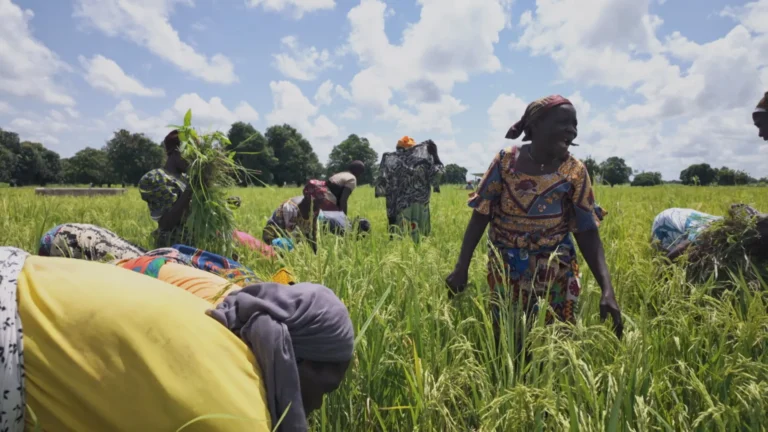
Nigeria’s military has reported killing 35 jihadists in a series of targeted air strikes near the north-eastern border with Cameroon, in efforts to prevent attacks on ground troops.
The strikes, conducted across four locations, aimed to disrupt militant operations in a region long plagued by Islamist insurgencies, violent criminal gangs, sectarian violence, and widespread kidnappings for ransom. “The air operations were necessary to thwart an imminent threat to our forces,” a military statement said.
The north-east has remained a hotspot of conflict for over a decade, with the militant groups Boko Haram and the breakaway Islamic State West Africa Province (Iswap) responsible for large-scale destruction and displacement. According to the United Nations, more than 35,000 people have been killed and two million displaced in the ongoing crisis.
On Saturday, a coalition of prominent Nigerians, including former government ministers, business leaders, and civil society activists, expressed alarm at the scale of violence. They described parts of the country as enduring “war-time levels of slaughter,” despite Nigeria being officially at peace.
Citing a May report from Amnesty International, the group noted that at least 10,217 people had died since President Bola Tinubu took office two years ago. They urged the creation of a Presidential Task Force with broad powers to tackle the multiple conflicts, including insurgent attacks in the north-east.
Last week, the Nigerian army reported killing nearly 600 militants over eight months, though this claim has not been independently verified. The Nigerian Air Force pledged continued support to ground troops dismantling jihadist bases.
Security analysts note that the insurgents have increasingly used modified commercial drones to attack army positions, complicating reinforcement efforts. The Institute for Security Studies reported at least 15 jihadist attacks this year in areas near the borders with Cameroon and Niger.
In a show of international support, the US State Department recently approved the sale of $346 million (£256 million) worth of weapons to Nigeria, underscoring the ongoing urgency of the counterinsurgency campaign.
The recent air strikes demonstrate Nigeria’s continued commitment to combating insurgents, but experts warn that without coordinated political and humanitarian measures, the north-east may remain a volatile and deadly front for years to come.



